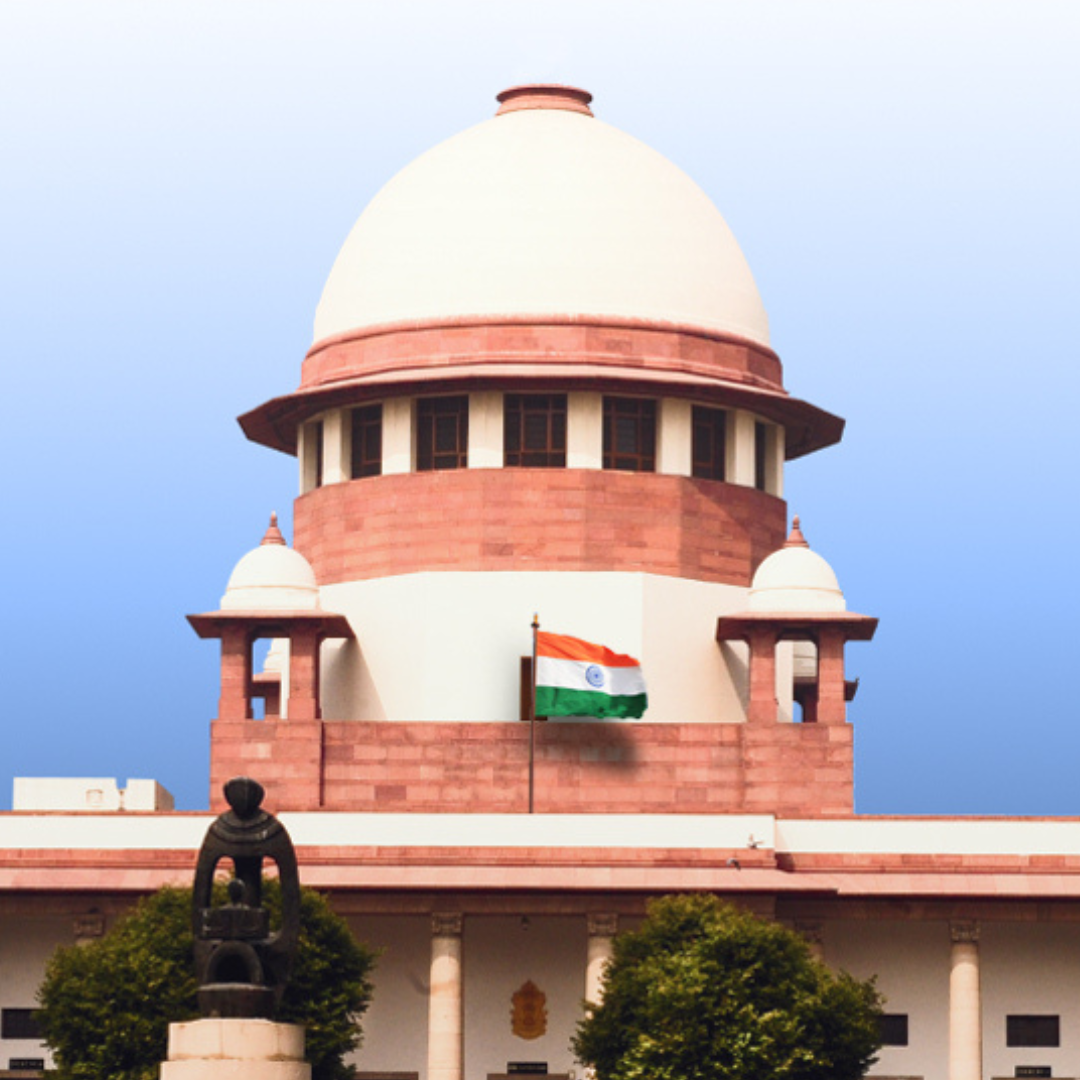Publications
The Promotion and Regulation of Online Gaming Act, 2025
24 Aug 2025
- DMD Advocates
- Blog
The Bill was introduced in the Lok Sabha on August 20, 2025, and was passed by the Lok Sabha on the same day. The Rajya Sabha subsequently passed it on August 21, 2025. The Bill received presidential assent on August 22, 2025, thereby becoming law.
Why Has This Happened?
The Statement of Objects and Reasons provides that the Act seeks to regulate and promote the online gaming sector, including e-sports, educational and social games, while prohibiting online money games. It establishes a central Authority to frame policy, oversee regulation, and support industry growth. The Act also aims to protect youth and vulnerable groups from financial, social, and psychological harms; promote responsible use of digital technologies; safeguard public order, public health, financial integrity, and national security; and ensure a uniform legal framework across the country.
What Is in the Act?
The Act creates a two-pronged framework:
1. Promotion and Recognition
o Recognises e-sports as a legitimate competitive sport under the National Sports Governance Act, 2025.
o Encourages online social games (casual, recreational, educational, and skill-development games) through registration, guidelines, and awareness campaigns.
o Establishes training centres, research hubs, and incentive schemes for innovation.
2. Prohibition
o Absolute ban on offering, operating, or participating in online money games and money gaming services.
o Advertising, promotion, or endorsement of online money games in any form.
o Financial institutions barred from processing or authorising payments related to such games.
o Any non-compliance empowers the government to block access to such platforms, including those hosted offshore.
The Law and Authority
• Central Authority: To be constituted or designated by the Union Government, empowered to:
o Decide whether a game qualifies as an online money game.
o Recognise, categorise, and register online games.
o Issue directions, orders, codes of practice, and handle complaints.
• Applicability: Extends across India, including to games operated from foreign jurisdictions but accessible in India.
• Overriding Power: The Act prevails over inconsistent state laws or other legislation.
What Are the Penalties?
• Offering Online Money Games (Section 5): Imprisonment up to 3 years or fine up to Rupees One Crore, or both.
• Advertising Online Money Games (Section 6): Imprisonment up to 2 years or fine up to Rupees Fifty Lakh, or both.
• Financial Transactions for Online Money Games (Section 7): Imprisonment up to 3 years or fine up to Rupees One Crore, or both.
• Repeat Offenders:
o For offering or fund transfer offences: minimum 3 years’ imprisonment, extendable to 5 years, and a fine between Rupees One Crore to Two Crore.
o For advertising: minimum 2 years’ imprisonment, extendable to 3 years, and a fine between Rupees Fifty Lakhs to One crore.
• Companies: Directors, managers, or officers liable if offences occur with their consent, connivance, or neglect (independent/non-executive directors exempted; who is not involved in the actual decision making).
• Non-compliance with Authority Orders: Penalty up to Rupees Ten lakhs, suspension or cancellation of registration, and prohibition from operations.
• Cognizable & Non-bailable: Offences under Sections 5 and 7.
• Search & Seizure Powers: Any officer authorized under Section 15 may enter premises (physical or digital), override access codes, and arrest without warrant.
Salient Features and Implications
• Clear Categorisation: Differentiates between e-sports, social games, and online money games.
• Promotion vs. Prohibition: Encourages innovation in safe gaming but draws a hard line against money games.
• Centralised Regulation: Replaces fragmented state laws with a uniform national framework.
• Heavy Penalties & Enforcement: Strict imprisonment and fines for violators, including company executives.
• User Protection & National Security: Designed to prevent exploitation of vulnerable groups and curb illicit financial flows.
• Tax Revenues & Advertising Loss: The industry currently generates approximately Rupees Twenty-seven thousand crores in GST and another Rupees Ten thousand crores from advertising.
Who Will It Impact and How?
• Online Money Gaming Companies: Banned entirely; both domestic and offshore operators face liability and platform blocking.
• Banks & Financial Institutions: Prohibited from processing payments linked to online money games; must enforce strict compliance.
• E-sports & Social Gaming Start-ups: Benefit from recognition, incentives, and structured growth opportunities.
• Celebrities/Influencers: Prohibited from endorsing or advertising online money games; liable for violations.
• Users/Players: Prevented from accessing money gaming platforms but provided safer, regulated avenues in e-sports and social gaming.
• Corporate Executives: Directors and officers held personally accountable if their company violates prohibitions.
• Government & Regulators: Gain uniform authority to enforce compliance, conduct investigations, and block illegal platforms.

































